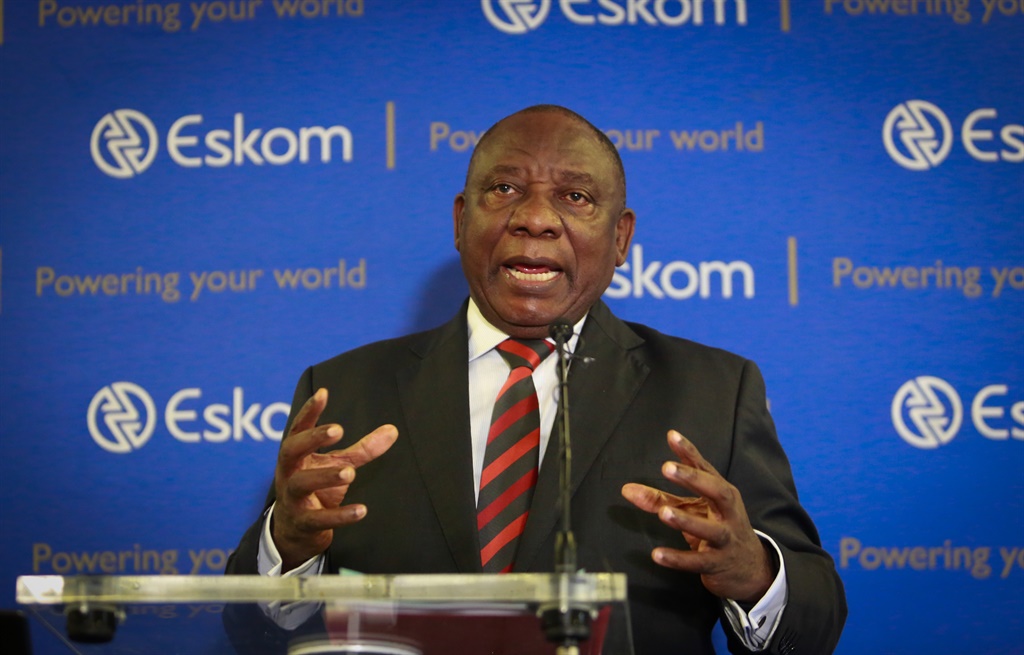
President Cyril Ramaphosa
CAPE TOWN, Dec 17 (NNN-XINHUA) — South Africa still has much further to go before achieving true reconciliation, President Cyril Ramaphosa said as the country marked Reconciliation Day on Monday.
“The South Africa of today still suffers from the effects of centuries of discrimination, dispossession and unequal development,” Ramaphosa said in his address to the nation.
Racism and bigotry no longer define South Africa, but “we still have much further to go,” the president said.
According to the South African Reconciliation Barometer Survey 2019, a vast majority of South Africans agree that the country is still far away from reconciliation despite the end of apartheid 25 years ago.
Of the respondents interviewed in the survey, just over a half of respondents believe that South Africa has made progress with reconciliation since 1994, when apartheid was brought to an end.
Most respondents agree that reconciliation is impossible as long as corruption continues, political parties sow division, those who were affected by apartheid continue to be poor, gender-based violence remains, according to the survey, conducted by the Institute for Justice and Reconciliation.
This confirms that true reconciliation is not only about social cohesion but also about political and economic transformation, Ramaphosa said in response to the survey.
“Since we attained our democracy our people have demonstrated time and again their immense capacity to look beyond superficial differences in the quest to achieve true nationhood, and with it, embrace a fuller humanity,” said Ramaphosa.
South Africa still has to address the unfinished task of democratic transition, he said.
“We must close the festering wound of inequality that exists between our people. We must forge ahead with land reform and social development. We must continue to transform our workplaces and restructure our economy so it benefits all,” said Ramaphosa.
In this sense, reconciliation is a very practical undertaking, he said.
It is about the work that needs to be done to unlock investment in economy, to reduce the cost of doing business and to promote growth, said the president.
It is also about the urgent measures that need to be taken to ensure a reliable supply of electricity to homes and businesses, and about ensuring that the country’s scarce water resources are preserved and equally available to all, Ramaphosa said.
“Reconciliation means that we should continue to use the capability of the state to improve the lives of the poor, to have a tax regime that is progressive and public finances that are responsibly managed,” Ramaphosa said.
He said reconciliation also means a reduction of the massive inequalities in access to quality healthcare, the improvement of the quality of education in township and rural schools in particular, and universal attendance in early childhood development centers.
“We will continue to seek out and forge durable social compacts to attain our vision of a South Africa that has been fundamentally transformed,” Ramaphosa said.
He called on South Africans to play their part if they are to bequeath to their children a society that has truly reconciled.
Reconciliation Day, which came into effect in 1995, is intended to foster reconciliation, racial harmony and national unity in the country. — NNN-XINHUA


